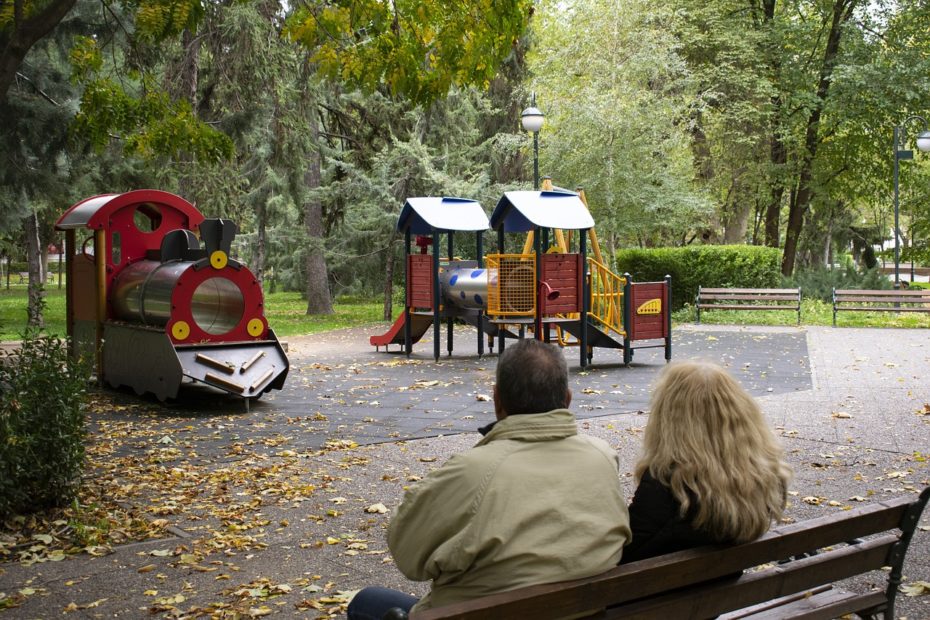Written by Stephen Milford, PhD
Institute for Biomedical Ethics, Basel University
The rise of AI presents humanity with an interesting prospect: a companion species. Ever since our last hominid cousins went extinct from the island of Flores almost 12,000 years ago, homo Sapiens have been alone in the world.[i] AI, true AI, offers us the unique opportunity to regain what was lost to us. Ultimately, this is what has captured our imagination and drives our research forward. Make no mistake, our intentions with AI are clear: artificial general intelligence (AGI). A being that is like us, a personal being (whatever person may mean).
If any of us are in any doubt about this, consider Turing’s famous test. The aim is not to see how intelligent the AI can be, how many calculations it performs, or how it shifts through data. An AI will pass the test if it is judged by a person to be indistinguishable from another person. Whether this is artificial or real is academic, the result is the same; human persons will experience the reality of another person for the first time in 12 000 years, and we are closer now than ever before.Read More »Guest Post: Dear Robots, We Are Sorry


